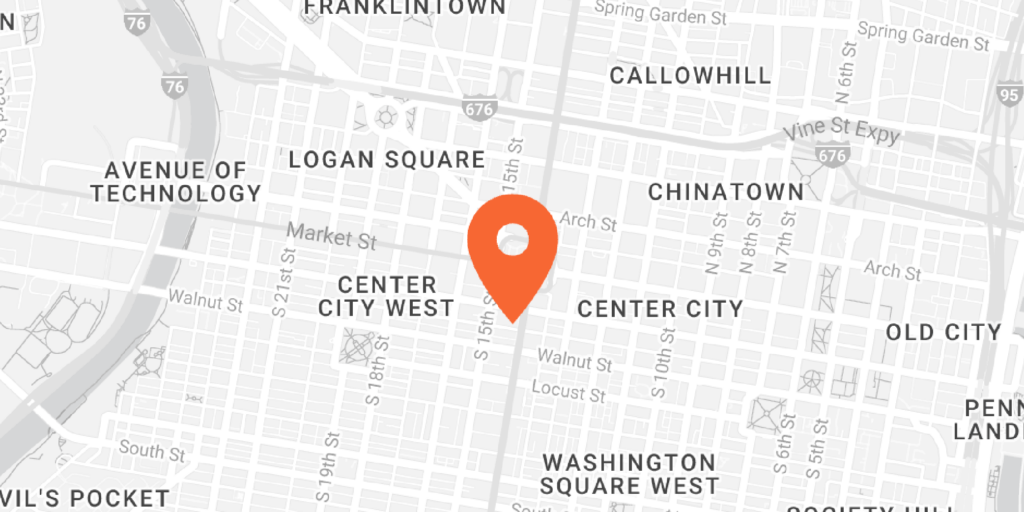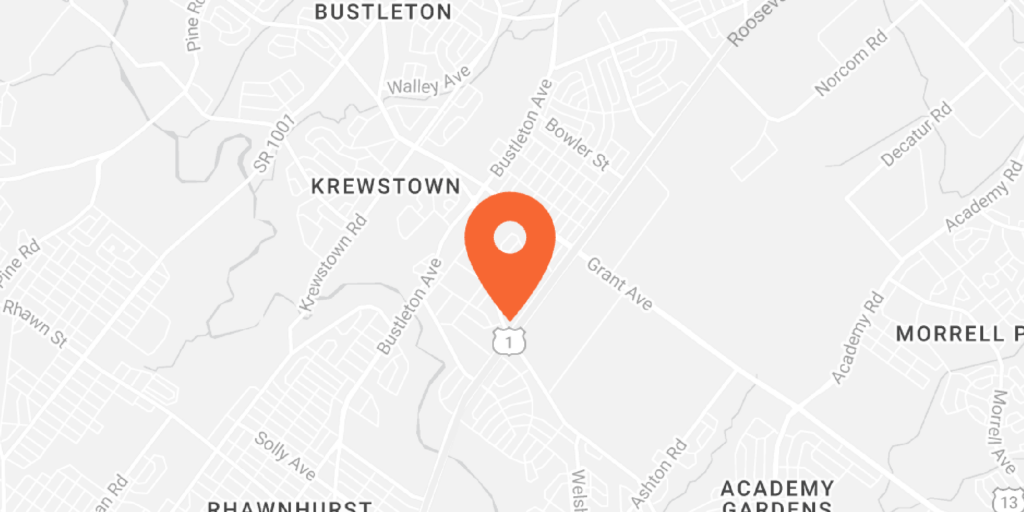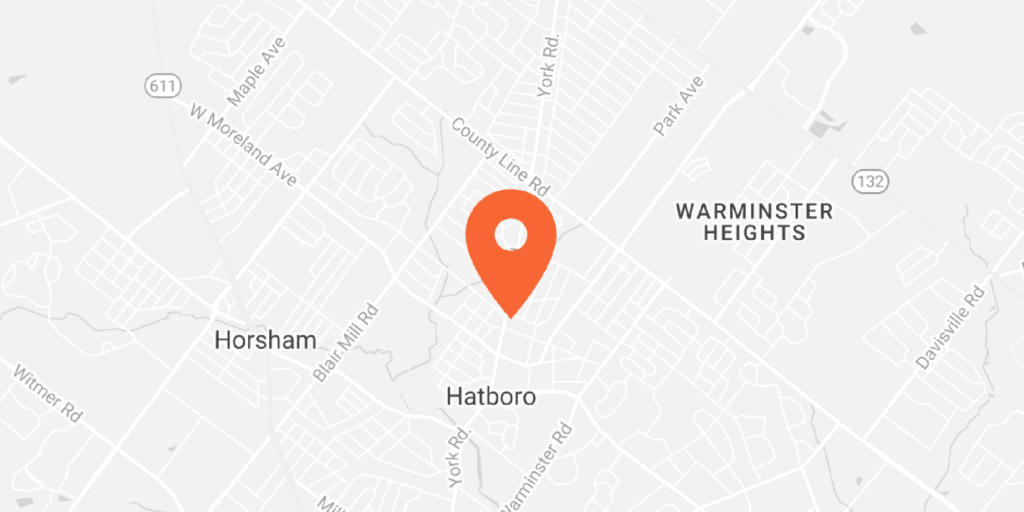In the first few days or weeks of having braces, your teeth and jaw will likely hurt. The inside of your lips will probably also be very sensitive, as they are grating against metal all day. This can be painful and extremely annoying. Keep in mind that these first few weeks of braces are the worst part, and your mouth eventually adjusts to the braces and becomes more accustomed to the strain of adjustments. Eventually, you may even forget that you are wearing braces—they just stop hurting. But in the early period, it can feel like this will never happen.
Anyone who has had braces can recall the pain of the first few weeks and the adjustment period. You have to learn how to eat all over again, starting off with just soft food. But why do braces hurt? And is there anything you can do to stop the hurt once it starts?
Why Braces Hurt
Braces hurt because the wires and brackets are first, new to your mouth, and second, they are actively moving your teeth. Braces hurt because they are changing the position of your teeth, whether pushing or pulling them or simply just turning them in their current position. Pain is your body’s way of telling you that something is wrong, and in those first few weeks, before it adjusts to the movements, it is telling you that something is seriously wrong.
Braces also hurt because the brackets themselves, while not designed to hurt the soft lining inside your mouth, can definitely scratch and irritate it, until calluses form. This can take weeks, meaning that the skin inside your mouth may feel very sensitive and during this time. Invisalign and Invisalign Teen are good options to consider if you don’t want to be scratched by braces.
Children, teenagers, and adults alike experience the same kind of pain when braces are first put on and will also feel a little bit of pain after adjustments—though the discomfort after adjustments is usually much less than what most people experience when braces are first put on. Most people become accustomed to the discomfort or even have a number of products or techniques in their arsenal to help prevent and mitigate pain when it occurs.
How to Prevent Pain
If you are getting braces on, a good way to prevent pain is to take pain killers right before you go in for your appointment. This will get the medicine working in your system so that it can stop pain before it even starts. Preventing pain is usually easier than stopping it once it has started, so get on top of your braces pain and stick with your regimen until the jaw and teeth are less sore. The same goes for adjustments—though a single dose may be enough to mitigate the discomfort after a small adjustment to your braces. Please discuss with Dr. Gemmi and Dr. Middleberg before taking any medicine.
Another good way to prevent pain is to use the dental wax your orthodontist will provide to you. This will usually come in a little container, and sometimes comes in little pre-formed dots. You can use this wax on the surface of your brackets to keep them from irritating your mouth. Dental wax may also come in handy if you shift your wire and have to wait a day or two before you can go in and see Dr. Gemmi and Dr. Middleberg. You’ll be able to blunt the pointy end of the wire and prevent it from scratching you until you can go it get it readjusted.
Another good way to prevent pain is to be very careful about what you eat. Hard, crunchy, or chewy foods are going to be more painful to eat during the first few weeks than soft and squishy foods. If you are trying to prevent strain on your teeth and jaw, stick with small bites of soft food like pudding, yogurt, or oatmeal while your mouth is adjusting to the new braces or to a tightening. Overextending your jaw by trying to chew crusty bread or chips can only prolong your pain or even cause it.
How to Stop Pain
If your braces are already causing you pain or discomfort, there are a number of ways to beat that pain. Your orthodontist may have already recommended that you do a warm salt water rinse for the first few days after your first get your braces on. All you have to do is dissolve about a teaspoon of salt into some warm tap water and then swish it in your mouth a few times. This helps to reduce inflammation and heal any sores that might occur.
Cold foods are a great way to stop the pain of braces (unless your teeth are sensitive to cold foods). Ice cream, frozen yogurt, or ice water can be a great way to reduce pain. A cold pack on either side of your face may also help to reduce pain and swelling.
Pain killers can help to reduce the pain of getting your braces tightened or put on. If you are going to take a pain killer, make sure to follow the instructions on the bottle and never double up on more than one kind of pain killer at a time. Again, consult Dr. Gemmi and Dr. Middleberg or a doctor before taking medication.
You may feel like you are clenching your teeth while you are having braces pain—this is a natural response that your jaw does to help relieve stress and pain. It helps to improve circulation to your gums and teeth, which means less pain. However, this can be bad for your teeth, unless you use a product like a bite wafer, which is a mouth-shaped piece of plastic that allows you to bite down, without worrying about grinding your teeth together.




